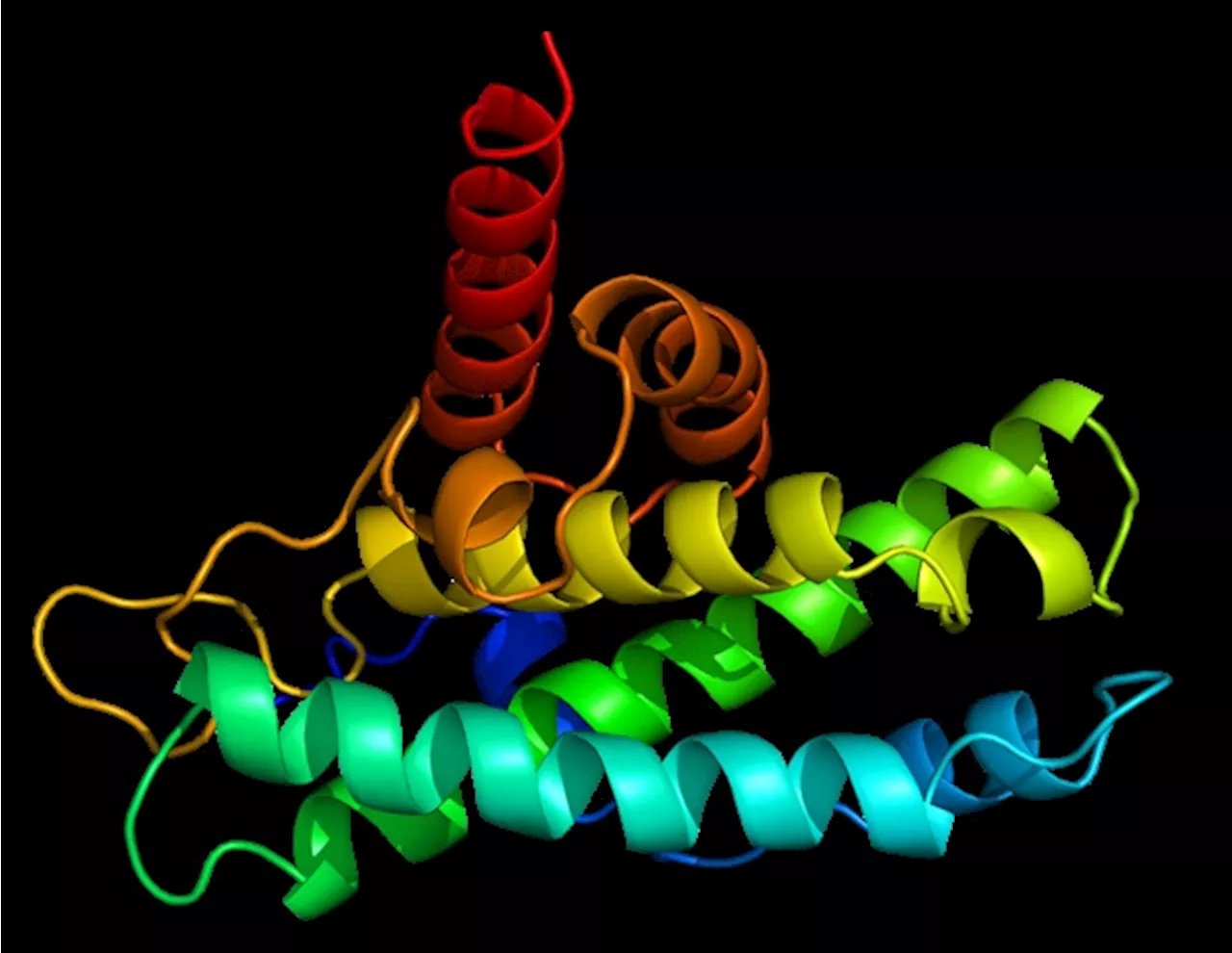A groundbreaking study involving over five million people from diverse backgrounds has identified nearly 300 previously unknown genetic links to depression. This unprecedented research, published in the journal Cell, highlights the importance of inclusivity in genetic studies and suggests potential for more effective therapies tailored to different ethnicities.
New research has revealed nearly 300 previously unknown genetic links to depression, in the world’s largest and most diverse genetic study into the condition ever.
The authors say the findings, published in the journal Cell, will allow scientists to predict risk of major depression regardless of ethnicity and may help to develop more effective therapies for the condition. The research team looked at anonymised genetic data from more than five million people in 29 countries across the globe. One in four individuals included in the study were from non-European descent.
The findings offer new insight into depression’s effect on the brain and offer possible new targets for treatment, experts say. The team highlighted that existing drugs pregabalin and modafinil – currently used to treat chronic pain and the narcolepsy, respectively – could potentially be repurposed for the treatment of depression, based on the study findings.
GENETICS DEPRESSION HEALTHINEQUALITIES THERAPIES RESEARCH
Deutschland Neuesten Nachrichten, Deutschland Schlagzeilen
Similar News:Sie können auch ähnliche Nachrichten wie diese lesen, die wir aus anderen Nachrichtenquellen gesammelt haben.
 Scientists Identify Nearly 300 New Genetic Variants Linked to DepressionA groundbreaking study has uncovered almost 300 new genetic variants associated with depression, significantly advancing our understanding of the disorder's biological underpinnings and paving the way for potential new treatments.
Scientists Identify Nearly 300 New Genetic Variants Linked to DepressionA groundbreaking study has uncovered almost 300 new genetic variants associated with depression, significantly advancing our understanding of the disorder's biological underpinnings and paving the way for potential new treatments.
Weiterlesen »
 Global Genetic Study Identifies Hundreds of New Depression Risk FactorsA groundbreaking study has identified nearly 300 previously unknown genetic links to major depression, offering new insights into the condition's biological underpinnings and potential for more effective treatments. The research, involving over five million individuals from 29 countries, is the largest and most diverse genetic study on depression to date.
Global Genetic Study Identifies Hundreds of New Depression Risk FactorsA groundbreaking study has identified nearly 300 previously unknown genetic links to major depression, offering new insights into the condition's biological underpinnings and potential for more effective treatments. The research, involving over five million individuals from 29 countries, is the largest and most diverse genetic study on depression to date.
Weiterlesen »
 HRT and Alzheimer's Risk: Study Suggests Genetic LinkA recent study from Liverpool John Moores University found a potential link between HRT use and increased Alzheimer's risk in women with a specific genetic variant. The study recommends further research and potential genetic testing before HRT administration for women with the APOE e4 gene.
HRT and Alzheimer's Risk: Study Suggests Genetic LinkA recent study from Liverpool John Moores University found a potential link between HRT use and increased Alzheimer's risk in women with a specific genetic variant. The study recommends further research and potential genetic testing before HRT administration for women with the APOE e4 gene.
Weiterlesen »
 Hospital Begins 'World-Leading' Study Testing Hundreds of Babies for Rare Genetic ConditionsA hospital in Leeds has launched a groundbreaking study testing hundreds of babies for over 200 rare genetic conditions. The study, a collaboration between Genomics England and NHS England, aims to identify conditions in asymptomatic babies through whole genome sequencing using blood samples from the umbilical cord. Parents will be informed about the study during pregnancy and can choose to participate. The study hopes to enable earlier diagnosis and treatment for babies with treatable genetic conditions.
Hospital Begins 'World-Leading' Study Testing Hundreds of Babies for Rare Genetic ConditionsA hospital in Leeds has launched a groundbreaking study testing hundreds of babies for over 200 rare genetic conditions. The study, a collaboration between Genomics England and NHS England, aims to identify conditions in asymptomatic babies through whole genome sequencing using blood samples from the umbilical cord. Parents will be informed about the study during pregnancy and can choose to participate. The study hopes to enable earlier diagnosis and treatment for babies with treatable genetic conditions.
Weiterlesen »
 Landmark Study Uncovers Hundreds of New Genetic Links to DepressionA groundbreaking study has identified nearly 300 previously unknown genetic variants linked to depression, nearly doubling the known number of DNA patterns associated with the condition. The research, which analyzed genetic data from over 5 million adults worldwide, offers new hope for developing targeted treatments for this prevalent mental health disorder.
Landmark Study Uncovers Hundreds of New Genetic Links to DepressionA groundbreaking study has identified nearly 300 previously unknown genetic variants linked to depression, nearly doubling the known number of DNA patterns associated with the condition. The research, which analyzed genetic data from over 5 million adults worldwide, offers new hope for developing targeted treatments for this prevalent mental health disorder.
Weiterlesen »
 UK Biobank Launches World's Largest Protein StudyUK Biobank is launching the world's most comprehensive study of circulating proteins, aiming to transform disease research and treatment.
UK Biobank Launches World's Largest Protein StudyUK Biobank is launching the world's most comprehensive study of circulating proteins, aiming to transform disease research and treatment.
Weiterlesen »
